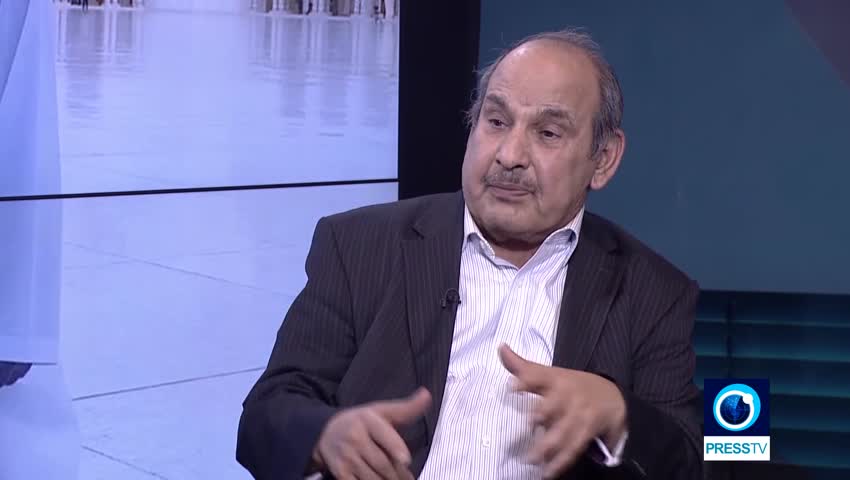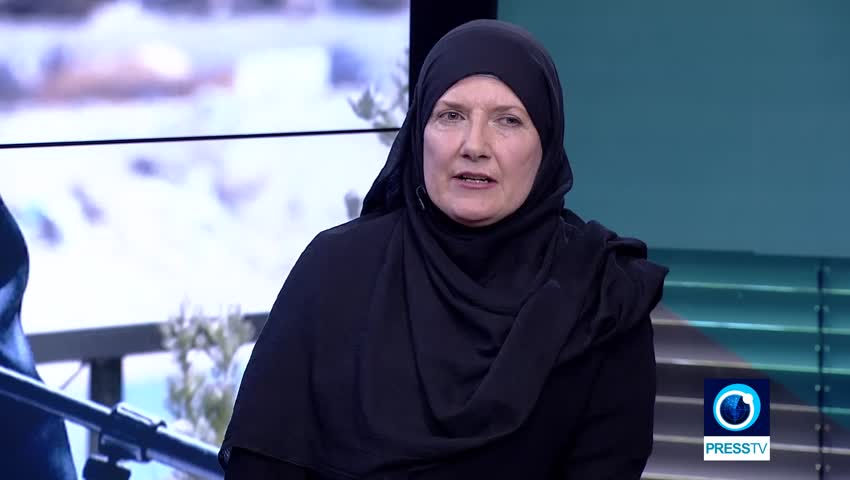How Successful is BDS campaign against Israel?
The past few weeks and months have seen significant successes for the BDS movement, with Britain’s National Union of Students voting to boycott Israel and a report by Israel’s Finance Ministry revealing that the regime could suffer significant financial losses if a boycott is widely adopted.
According to the report, the damage from an international boycott could range from approximately half a billion shekels ($130 million) per year, depending on how widely-implemented such a boycott becomes.
10 years ago, a small group of Palestinian activists had a novel idea: Inspired by the anti-apartheid movement, they called for a global boycott movement against Israel as a no-violent method to promote the Palestinian struggle for independence.
Long confined to the sidelines, the so-called BDS movement appears to be gaining momentum — so much that Israel has identified it as a strategic threat on a par with Palestinian resistance groups.
Its de-centralized organization and language calling for universal human rights have proved difficult to counter, resulting in a string of recent victories that have alarmed Israeli leaders.
The BDS movement — named for its call for boycotts, divestment, and sanctions against Israel — began as an idea by 170 Palestinian civil society groups worldwide in 2005. It has grown into a global network of thousands of volunteers lobbying corporations, artists and academic institutions to sever ties with Israel.
VIDEO | Iran marks defeat of US military operation in Tabas Desert
VIDEO | Press TV's news headlines
US troopers crack down on pro-Palestinian protests at University of Texas
VIDEO | German warship departs Red Sea as EU 'naval mission' fails
VIDEO | Palestinians inspect rubble of destroyed building in Rafah
Yemeni forces strike US, Israeli vessels in fresh pro-Palestinian operations
‘Say no to Biden’: US college being pressed not to endorse genocide
VIDEO | UN: Alarming food insecurity crisis grips Afghanistan









 This makes it easy to access the Press TV website
This makes it easy to access the Press TV website